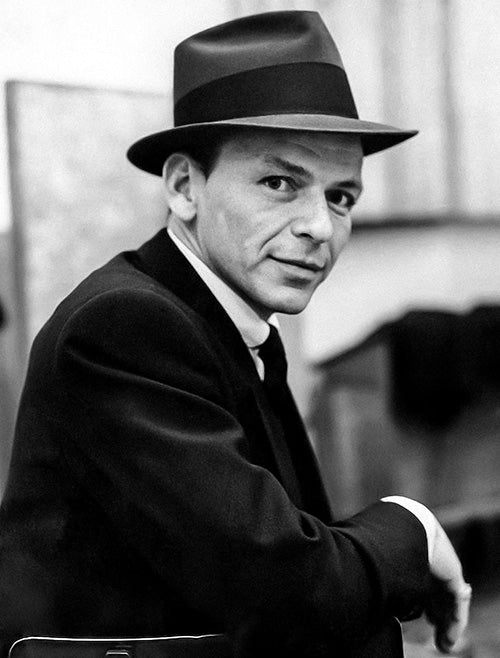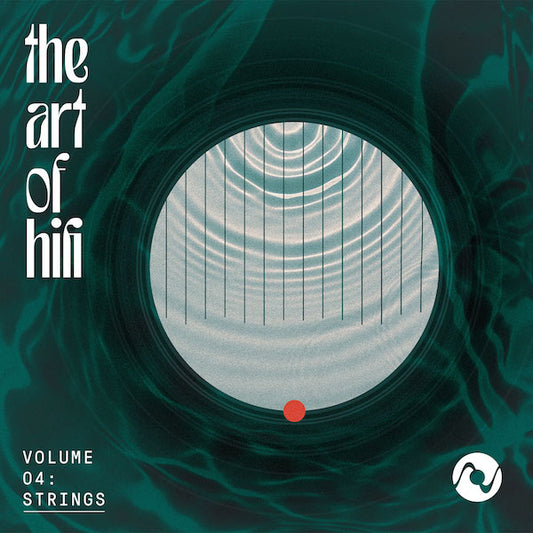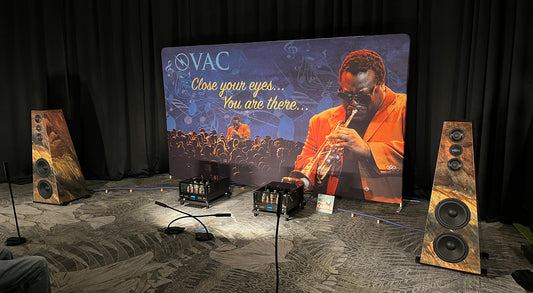It had been a year since I saw Frank Sinatra last. (Part One of this series appears in Issue 158.) The sauce-making story got plenty of mileage and I felt like it had elevated my standing in society, especially with adults. Anyone remotely acquainted with Frank learned that I had cooked with him. And, suddenly, I was also an authority on marinara. There’s nothing worse than a know-it-all eight-grader who critiques an old family recipe whenever someone mentioned grandma’s secret ingredient, which could be as egregious as ketchup, Worcestershire sauce, cilantro, cinnamon, brown sugar, or baking soda. We (Frank and I) would never add that stuff to tomato sauce, so, if you’re doing it, you better knock it off.
I wanted to imagine Mr. S. also mentioning me to his circle of friends from Los Angeles to Palm Springs and Las Vegas to Lake Tahoe. “If you’re ever at Bill and Judy’s house in New York and you need help cooking, make sure you ask for Tommy. There’re two other kids there, but they wouldn’t know how to add hot water to a teabag.” If that’s what he was saying, I would have to agree with him wholeheartedly. Certainly, there was no way my house-mates, Nicky and Christina, would have been any help at all.
Nicky, 12, and Christina, 14, were Bill and Judy Green’s children, and among my sole companions on the isolated estate that Bill and Judy owned. The kids and I spent nearly every day together for a few years before they went off to boarding school, but our relationships were complex, and with an undeniable boundary between us.
I was always the “live-in couple’s son.” When introduced, that title made it clear that I wasn’t a relative, neighbor, or friend but rather part and parcel of the manor like a tractor, tennis racquet, or pet. If it were during the Gilded Age, I wouldn’t have been allowed beyond the pantry, let alone into their rooms, but even so there were still subtle rules. One had to know when to disappear into the background. When the family was dining, entertaining, or otherwise occupied, I stayed out of sight in our quarters above the kitchen and mudroom. The same applied when the kids had their real friends over. They would sometimes invite me to hang out, but I was expected to know when not to insinuate myself. Plus, I thought I was way cooler than anyone from Rippowam Cisqua, Nicky and Christina’s fancy private school.
Though located near each other, Fox Lane Middle School and Rippowam Cisqua (Ripp for short) were separate worlds. My bus came earlier. I waited at the bottom of the hill with the gardener’s sons to board a bus loaded with scrappy kids in work boots, flannel, and a sea of Bob Seger, Lynyrd Skynyrd, and .38 Special T-shirts – definitely not my milieu. I associated with artsy outsiders, stoners, and hippies. Cisquans departed leisurely an hour later, well-rested and neatly groomed in their wool blazers, tartan prints, and Bass penny loafers. I can guarantee that there were a few self-described rebels who wore some Grateful Dead tie-dye under their uniforms. For some reason, trust fund kids loved the Grateful Dead. The schools had little in common except maybe the town’s movie house, video arcade, and drug dealers. Otherwise, there was no reason to interact. So, imagine my surprise when I had to attend Christina’s ninth-grade graduation at that very school which no Fox Laner ever visited – unless they were doing some landscaping.
With my parents out running errands and the Greens already at Ripp for Commencement 1979, I decided to spend the morning listening to records in the Green’s salon among photos of Andy Warhol, Claudette Colbert, and Truman Capote as company. People have often asked me what it was like to live in millionaires’ mansions, assuming that the amenities, celebrities, and expensive toys were the best part. Yes, the quality of life was nice, but I just liked the occasion freedom to listen to music at deafening volumes for a few hours. That might not sound like a luxury to some people, but I haven’t been able to do much of that since I lived on estates with far-flung neighbors. And it’s certainly the last time I played music in a nice big room.
The spacious salon was packed with cozy places to sit and the attached porch had expansive views of the property overlooking the fish ponds and woods. A bar provided the perfect opportunity to sample small measures of alcohol poured into a teacup. My favorites were the sweet liqueurs. This might have been the time I fell in love with Sambuca, that sticky anise-syrup, with an alcoholic wallop, but any booze would have sufficed.
I had barely gotten the chance to sip my midday aperitif and spin my first album before a frantic knocking and bell-ringing interrupted me. Figuring it was just a delivery man, I made my way leisurely through the foyer as the ringer became more impatient. When I opened the door, who was standing there but my old friend Frank Sinatra and his driver.
“Where the hell is everyone?” he fumed.
“Oh, hi!” I replied, as if Frank would be just as thrilled to see his marinara-cooking buddy from last summer.
“They’re at Christina’s thing,” I replied, still waiting to be recognized with a warm greeting.
“I thought we were leaving from here. How would we know where the damn school is?” hissed Mr. S.
“You know how to get there?” asked the driver wearing sunglasses, a brown suit, and a trench coat in June. If I were looking for a man with a gun, I probably found him. This guy was no hairdresser.
I could have saved myself a lot of trouble by playing dumb and saying I didn’t know, but a pissed-off Mr. S. and a sweaty bodyguard can be intimidating. “Yeah…uh, you go down Oregon Road and then left, then you turn again, and it’s sorta off the highway near Bedford…”
Frank had had enough. “Get your shoes,” he interrupted. “You’ll take us there.” (Ever since, there is not an instance when I don’t think about his line in “New York, New York” when he sings, “these vagabond shoooze.”) Other than quickly donning some sneakers, I didn’t get a chance to throw on any fresh clothes.
“Okay… again… I don’t actually work here,” I thought to myself.
Frank’s wife, Barbara, was already settled in the back seat of the car – a big fancy sedan but not a limo, so Frank was seated directly behind me.
“Good morning, Mrs. Sinatra,” I greeted her formally like all of the Green’s visitors. She said nothing. I wasn’t sure if she was being aloof, angry at Frank, or possibly annoyed with me for some reason. It happened sometimes, and I learned to take it in stride and not get too rattled. Guests were not obliged to make small-talk with me. Barbara looked through the side window and stayed silent as we turned left onto Byram Lake Road. The estate was just an hour north of New York City, but the surroundings were rural, with few houses being visible from the road. It was usually a relaxing, scenic drive with no other traffic on the road, but this was a high-stakes ride. Although I had gone with my stepfather to pick the kids up from their frequent after-school activities, I never paid attention to road signs, which Frank demanded to know in advance. I had to guess the direction at each fork in the road according to landmarks. Then we approached the final intersection of our trip. Jesus, left or right at the gas station? If we went the wrong way, we would be lost and late for the event. The stone-faced driver stared forward through his sunglasses as the car filled with tension.
“Which way are we goin’?!” Frank bellowed in my left ear.
I was nervous; “right” was my best guess. As I resigned myself to the consequences of not memorizing the school’s location from all those field hockey and lacrosse practices, there was Rippowam Cisqua. I had gotten them there! “Good job, pal,” grunted the driver. Yeah, thanks to me, he didn’t have Mr. S. yelling at him from the back seat. How would they have gotten to school without me?!
I felt good about my accomplishment and fully expected a $10 tip upon being returned to the house forthwith, but the car was parked and Frank, Barbara, and the driver disappeared into the school. I guess I could have gone in with them, but there was no way I wanted to see Christina’s graduation now. Besides, I wasn’t invited, and she never came to any of my school events. As I leaned on the car and watched everyone in their formal wear, I suddenly became very self-conscious in my dirty sneakers, tattered jeans, and Queen T-shirt. I felt as if everyone was wondering why some townie was leaning on someone’s nice car. To the casual onlooker, I’m sure it looked like I was either there to steal a radio or change a tire. They didn’t know I’d arrived with a celebrity. I got back in the car, slumped back in my seat, and kept out of sight. The driver didn’t think to leave me the keys so I could turn on the air-conditioning or listen to the radio. Even if I could have figured out the car phone, there was no one to call. I didn’t even have money for a taxi.
The day had started out so promising, but there I was, abandoned miles from home in that parking lot with nothing but time to think. Thirteen is as good as any age for existential introspection. It was the first time in my life that I became so acutely aware of my place in their world: after fulfilling my function, I could be discarded and forgotten. Although we lived together in a strangely intimate setting, I wasn’t going to be part of the Green’s family, and, as much as I wanted it, Frank and I were not going to be buddies – I’m not sure he remembered me from the previous year. Meanwhile, I don’t even remember how I got home that day. I was rattled.
Mr. S. returned to California after Christina’s graduation. He still came to the Green’s houses, but face time with Frank was done. Our final encounter would be by proxy, a small gesture of thanks for all my effort and assistance.



